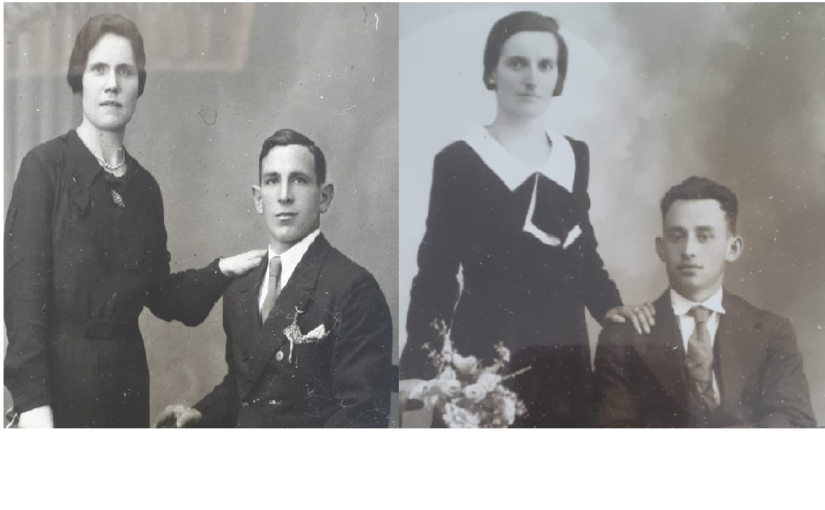As we are all growing older, this topic is truly a democratic one 😉!
Recently in public life we seem to be in an era of youth worship, everything young is good, forward looking and bold! Many times, it is just idiotic but … that is not my point.
I was reading an essay by Cicero “On Old Age” (breaking news: published 2000 years ago!) where he talks about how life changes as you age and you should do different things threaded by your unique mix of talents and wishes. It is amazing how modern it is and how timeless wisdom it holds. It does not idolize elders or youngsters but it sure asks everyone to be smart and evolve as life does.
That goes along with our incessant search for immortality or at least a longer and healthier life. In recent decades we have been inundated with books about the blue zones (areas of the world where life expectancy is significantly higher) trying to extract the secrets to a longer life expectancy. But what good is it a long life if it is aimless? Seneca said “If one does not know to which port one is sailing, no wind is favorable”. That brings me to the Japanese concept of Ikigai “the reason for being”. Ikigai includes the sense of purpose and joy together, and alignment between your purpose and what makes you happy, being all one. It is interesting that in those blue zones that I mentioned earlier researches find healthy habits such as regular moderate exercise, healthy food but they find happiness through a sense of community, belonging and a purpose in life. They all have a reason to get up in the morning.
At the turn of the century Dr Snowdon published what is now known as the “Nun Study”. This is a study done with the diaries found in an old catholic monastery. These were nuns who wrote a short biography about themselves and what they expected from the commitment they were about to make. These diaries were dated in the first half of the XX century and one of the precious elements is that all of them had the same occupation and lived a similar lifestyle, almost a “controlled trial”. The study showed that positive emotions in early life were associated with longevity. Those nuns who had a more positive emotional content looking at their future lived longer and healthier. So, it is true how you handle things has a direct impact on your life. Your body tells you, what is the point of being here if we (you and I) are not happy? let us close shop early.
The common theme underlying Cicero, Ikigai and the Nuns is that the strongest drive to life lies inside, as much as we look for external reassurance, recognition, external signs of power … we only give it to ourselves, nothing outside our own heart-brain-soul has any impact. Our first step to longevity is the decision to be happy, regardless of what happens to us. Epictetus ( who was born a slave in times of the Roman Empire) said: “It is not happens to you, but how you react to it that matters”
Eating vegetables and sashimi helps… but we need to find our why… why do we get up in the morning? why do we smile? why do we go to work? why, why, why, why…find your why!
References
On old age by Cicero 44 BC
The Blue Zones, Second Edition: 9 Lessons for Living Longer from the People Who’ve Lived the Longest by Dan Buettner, 2012
Deborah D. Danner, David A. Snowdon, and Wallace V. Friesen. Positive Emotions in Early Life and Longevity: Findings from the Nun Study University of Kentucky Journal of Personality and Social Psychology, 2001, Vol. 80, No. 5, 804-813

